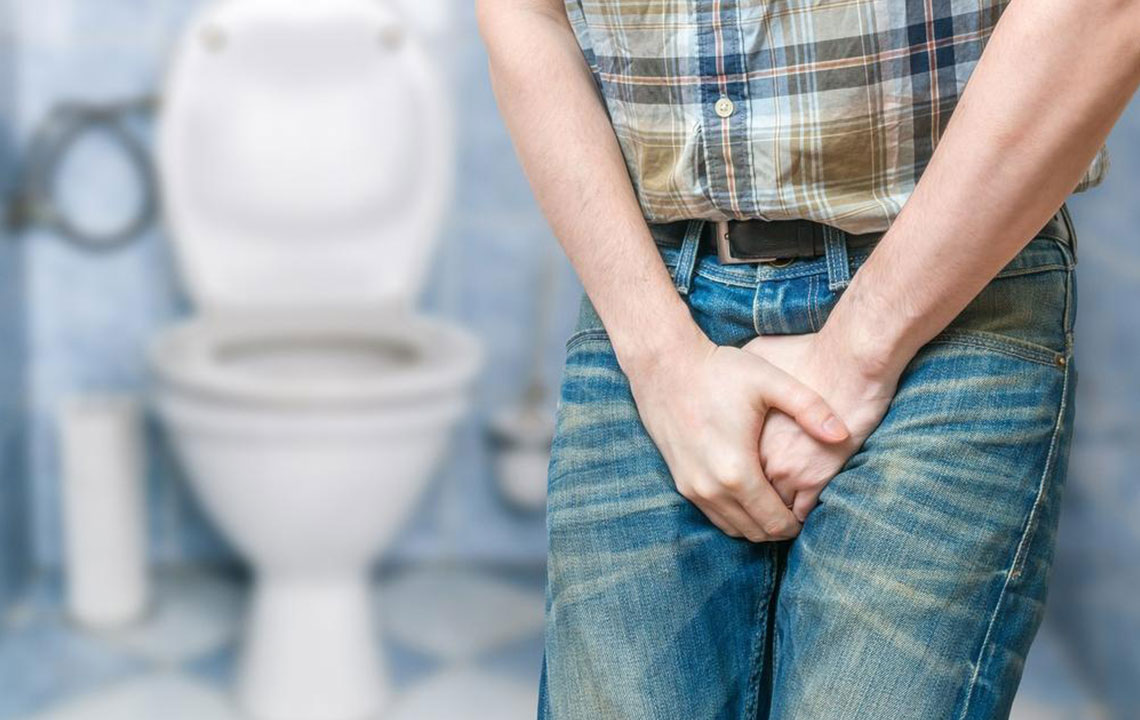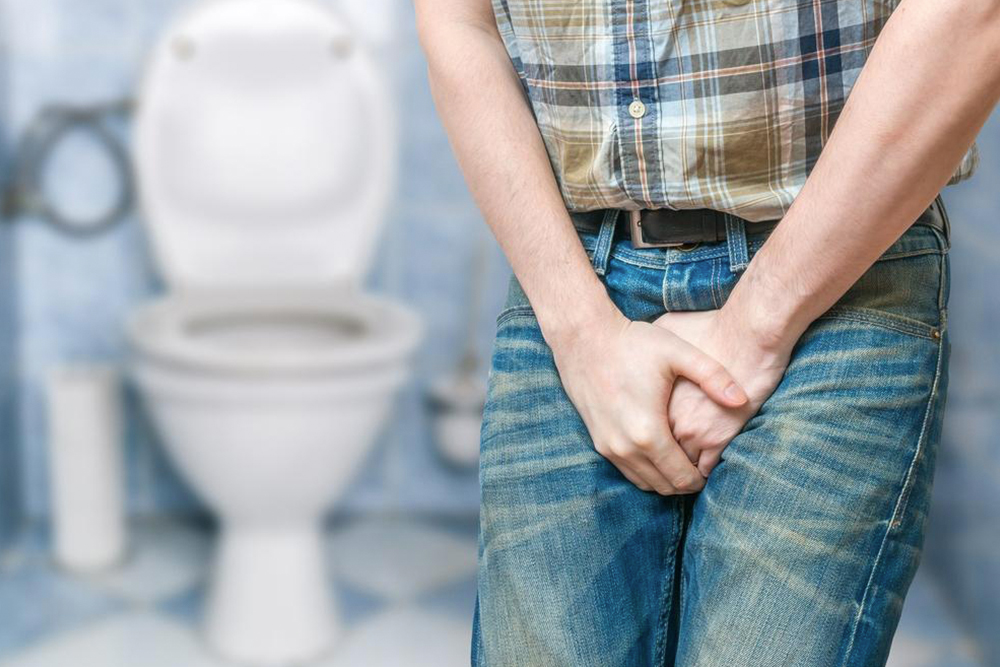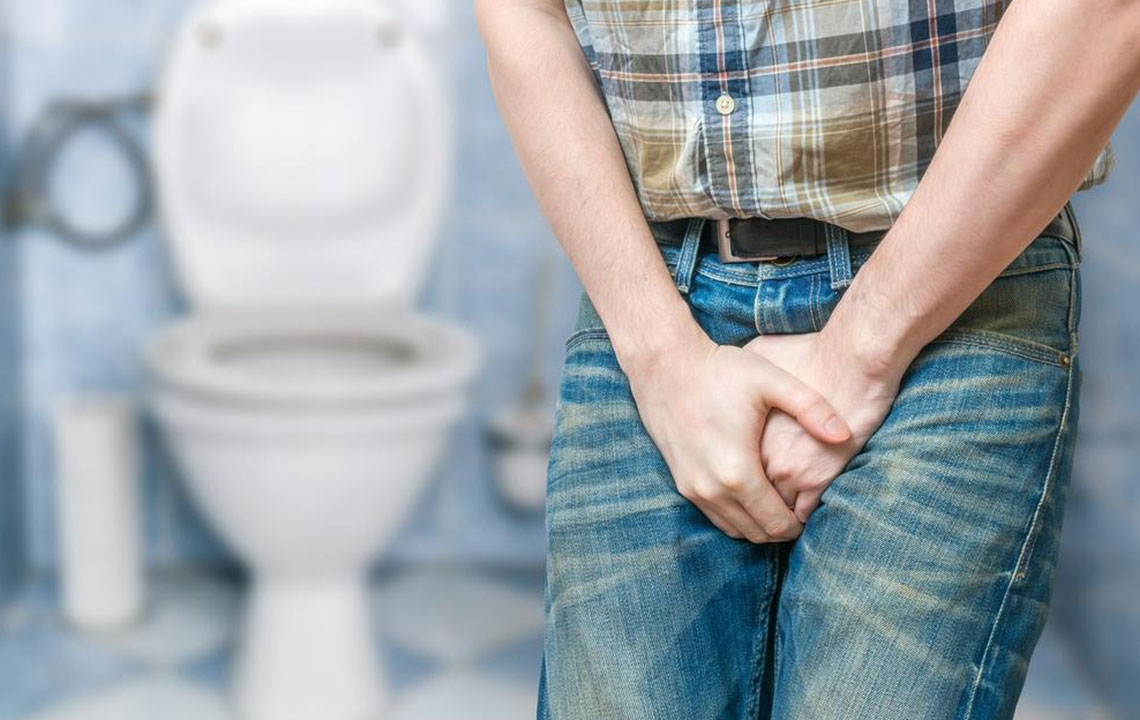Understanding Causes and Ways to Manage Urinary Health Issues
This comprehensive guide explores common causes of urinary problems and effective management strategies. It covers symptoms like frequent urination, infections, incontinence, and retention, and offers practical tips for treatment including hydration, medications, exercises, and lifestyle changes. Early diagnosis and healthy habits are emphasized to prevent complications and improve urinary health. Perfect for those seeking reliable information on managing urinary issues for better quality of life.

Understanding Causes and Management of Urinary Disorders
Understanding Causes and Management of Urinary Disorders
Many people experience urinary issues at some point in their lives. Common problems include frequent urination, incontinence, infections, retention, and cystitis. Symptoms often involve burning sensations, urgent need to urinate, leakage, blood in urine, fever, or nausea. These conditions vary in severity but often share similar signs. Treatment is usually straightforward and can often be managed with simple home remedies for relief.
Explore the key causes behind urinary issues:
Causes
The main factors leading to urinary problems include:
Urinary Tract Infections: Bacterial infections entering the urinary tract can cause irritation and increased urge to urinate, especially common in women.
Cystitis: Inflammation of the bladder, which may occur due to infection or irritation without infection.
Additional causes include:
Urinary Incontinence: Excessive activity of the bladder muscle or reduced muscle tone can lead to leakage.
Urinary Retention: Often seen in men with enlarged prostate, causing difficulty in urination or complete bladder emptying.
Frequent Urination: Involving urinating more often than usual, potentially signaling underlying health issues like infections, stones, or anxiety.
Urgency: Sudden, uncontrollable urge to urinate, caused by infections, overactive bladder, or excessive caffeine and alcohol intake.
Management and Treatment Options
Effective management depends on the specific cause of the problem. Common approaches include:
Hydration: Drinking plenty of water helps flush bacteria and reduces irritation, keeping urine clear.
Urinary Alkalinizers: Used to alleviate pain and burning during cystitis by neutralizing urine acidity, under medical guidance.
Medications: Antibiotics for infections, pain relievers, and other specific drugs like anticholinergics for overactive bladder or duloxetine for incontinence.
Kegel Exercises: Strengthening pelvic muscles, especially beneficial during pregnancy, with consistent practice over weeks.
Biofeedback: Enhances awareness of muscle control, supporting bladder training efforts.
Bladder Training: Training to increase the interval between urinations, typically over 2–3 months.
Adopting healthy lifestyle habits such as balanced diet, reducing alcohol and caffeine, and avoiding bladder irritants can prevent or reduce symptoms. Early diagnosis and proper care are crucial for effective management.










